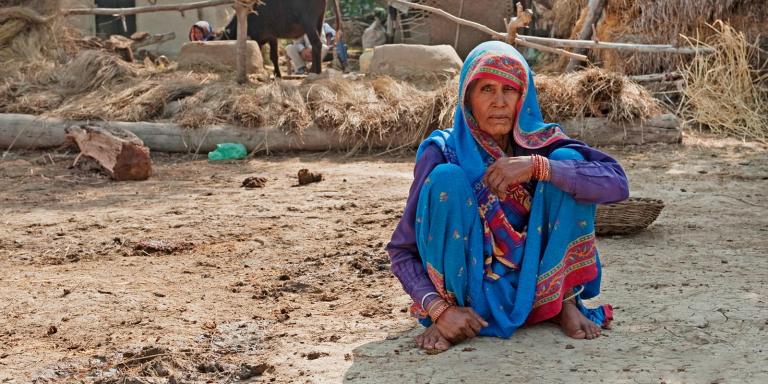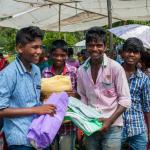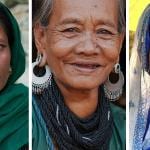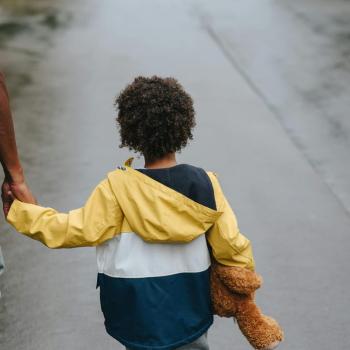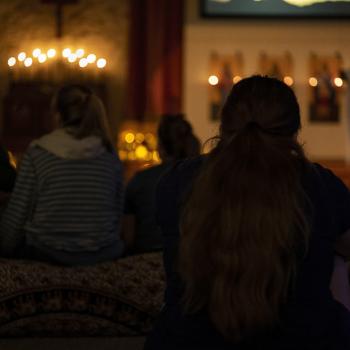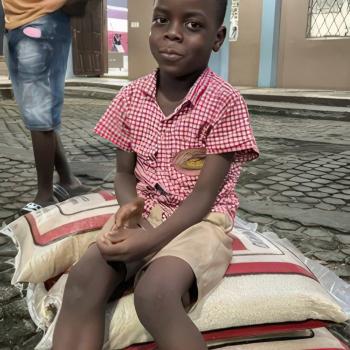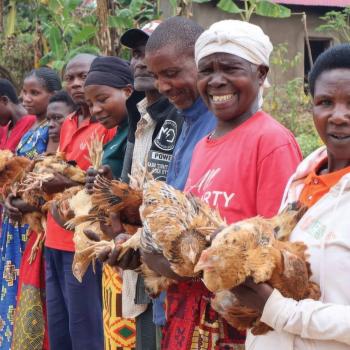WILLS POINT, TX – Gospel for Asia (GFA World and affiliates like Gospel for Asia Canada) founded by KP Yohannan, issued this Special Report update on the desperate plight of widows in both affluent and developing nations.
After two decades of fighting to eliminate the U.S. military’s “widow’s tax,” Cathy Milford finally succeeded, but she won’t benefit from that change for another three years. That’s how long it will take until she receives full survivor benefits instead of only partial. Though the U.S. Congress passed the 2020 National Defense Authorization Act, the bill only phases out the tax by 2023.
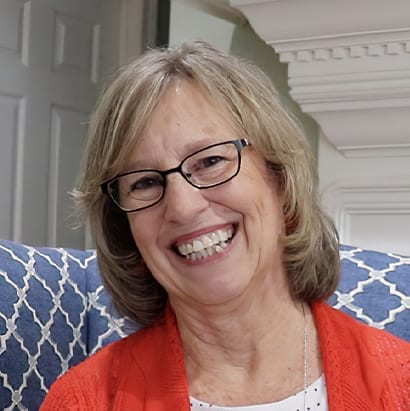
“This is just an awful thing to do,” Milford said at a Capitol Hill rally in May 2019, recalling her 25 years of pushing for repeal; her late husband, Harry, suffered a fatal aneurysm soon after retiring from the U.S. Coast Guard. “Every time I talk about this, I have to dig my husband up and bury him all over again.”
The dispute revolved around awards given to survivors of veterans who die of service-related causes (the Dependency and Indemnity Compensation program, or DIC) and a separate, life insurance-type program known as the Survivor Benefit Plan (SBP). While individuals who qualified for either have received full payouts, those getting income from both saw SBP funds reduced by one dollar for every DIC dollar since 1972. The difference of up to $1,000 a month affects 67,000 surviving spouses.
“This problem goes back decades, but this year we finally solved it once and for all,” said Maine senator Susan Collins after the bill’s passage in December 2019.
That securing additional benefits for military survivors took such a protracted fight symbolizes the plight of widows worldwide. Whether husband-less females in Nigeria who have been branded “witches,” women in Asia blamed for their husbands’ deaths and other calamities, or those in South Africa who can lose inheritance rights when in-laws object, the world’s 258 million widows often face an uphill battle.
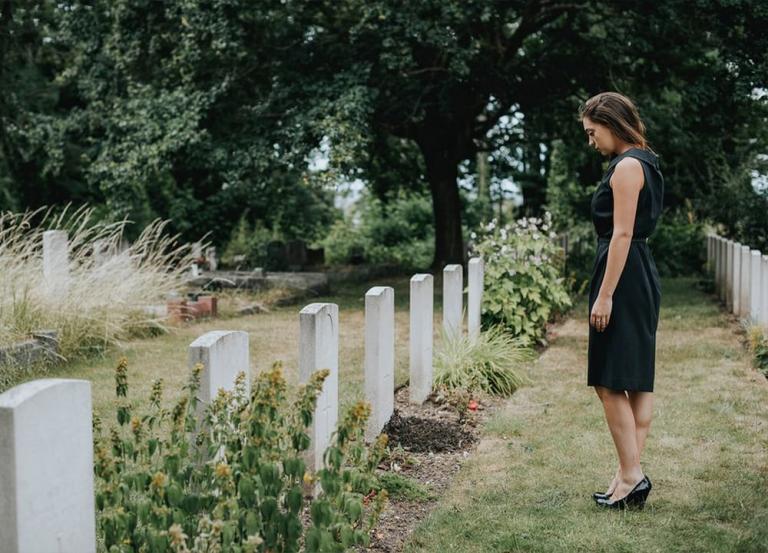
Nearly one in 10 lives in extreme poverty, says the United Nations (UN). While widows have specific needs, their voices are often missing from policies affecting them.
“In some Asian cultures, when a woman’s husband dies, she is often stripped of her dignity, her worth and her human rights,” says K.P. Yohannan, founder of Gospel for Asia (GFA). “Many of these widows are deprived of their home, their property and their possessions—leaving them destitute. Lacking the ability to earn a living, and with no access to savings or credit, millions of widows all across Asia fight every day for their survival, all the while shunned and shamed.”
As the military widows’ battle illustrates, women can face problems even in affluent societies. Another example of the slighting of American widows surfaced in a 2018 report. The Social Security’s Office of the Inspector General (OIG) reviewed cases of dual eligibility, where a widow can receive her benefit or a deceased spouse’s. The OIG found that 82 percent of the time the Social Security Administration failed to follow its own procedures for spelling out maximum benefit options.
According to statistics from the U.S. Census Bureau and the Loomba Foundation’s most recent World Widows Report:
The United States ranks third in the world for the most widowed women with more than 14 million.
Forty-nine percent earn less than $25,000 a year, meaning “widowhood is often a ticket to poverty.”
In practical numbers:
More than 740,000 widows are unable to provide food, shelter and basic necessities for themselves.
Secondary losses often crush widows, who subsequently may lose homes, jobs, insurance or credit.
In giving 100 stress points for losing a spouse, the Holmes and Rahe Social Readjustment Scale ranks loss of a spouse at No. 1. Other losses can push a widow’s stress level near 300 points, meaning an 80 percent chance of serious illness.
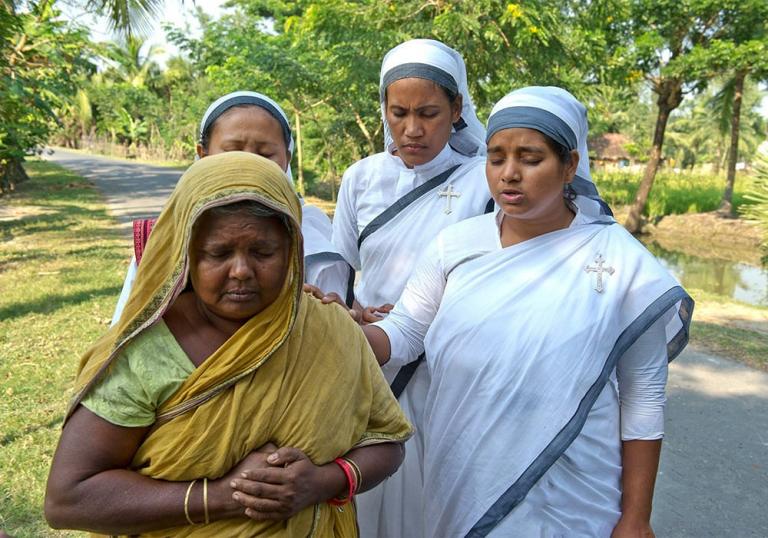
Worldwide Problem
Problems for widows exist worldwide. According to the World Bank, it is especially bad in much of Africa, where marriage is the sole basis for women’s access to social and economic rights, which often vanish after widowhood or divorce. Policy reforms that can help address disadvantages to widows, the World Bank says, are regarding property ownership, inheritance rights, registration of customary marriages and widows’ pensions.
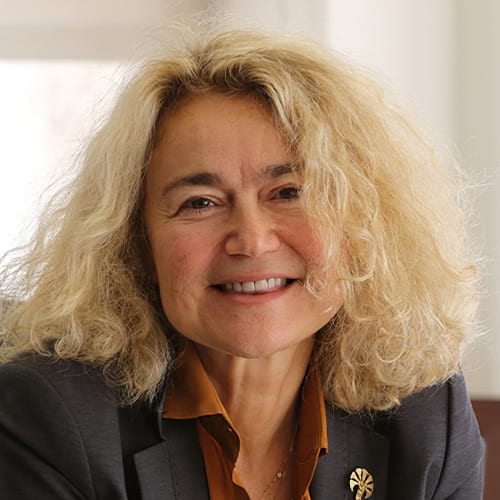
“In the face of divorce or widowhood, women often struggle with serious economic hardship,” said Asli Demirguc-Kunt, director of research at the World Bank.
For example, women frequently inherit nothing when a marriage ends. They can be shut out of labor markets, own fewer productive assets and bear more responsibility for caring for children or the elderly.
“Just as widows are often hidden from view in their own communities, the absence of data limits broader public awareness of the issue,” said the story “Invisible and Excluded.” “Quantifying the prevalence of widowhood and divorce requires information on both current widows and divorcees as well as the marital history of currently married women, and this is only available in 20 countries.”
Such disregard can cut deeply, which one 49-year-old Nigerian discovered after her husband committed suicide in 2014. Four months after his death, Christiana came across his bones after searching through forests for three days. Afterward, his relatives summoned her and questioned her intensely, seeking evidence her husband did not die because of her witchcraft.
“They said that I killed my husband,” she told freelance reporter Orji Sunday, “and declared me a witch.” Sunday went on to chronicle how numerous Nigerian widows face similar challenges rooted in cultural practices. Many traditions force women to take an oath to prove her innocence when her husband dies.
“Others confine the widow in place for [a] specific mourning period and others shave her hair, yet others insist that the widow drink the water with which her late husband was washed. Some are given to the brother of the deceased,” Sunday wrote. “Legislation protecting widows is lacking in many states in the country, and in regions where the laws exist implementation is far from convincing.”
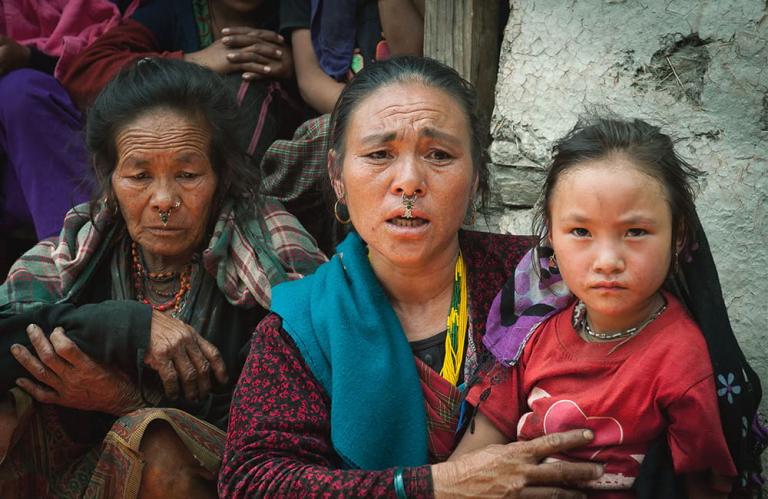
Similar stories appear well beyond Africa. In Nepal, a middle-aged woman was blamed for her husband’s death in 2014. Five years later, people in her village accused her of causing the death of a buffalo and beat and tortured her.
“This is a representative example of how a widow is mistreated and traumatized in the country, how widows are looked down upon and treated as inauspicious,” wrote Prakriti Sapkota in a 2019 report. “Widows are among the most vulnerable categories of people in the country. The social stigma attached to them deprive them of their basic human rights and freedom of speech. They are [the] prey of physical and sexual assaults and harassments, accused of various sexual misdeeds and are socially marginalized.”
Give to Help Widows
If this special report has touched your heart and you would like to do something today about the plight of widows around the world, please share this article with your friends and consider making a generous gift to GFA World to help widows in South Asia and other locations.
About Gospel for Asia
Gospel for Asia (GFA World) is a leading faith-based mission agency, helping national workers bring vital assistance and spiritual hope to millions across Asia, especially to those who have yet to hear about the love of God. In GFA’s latest yearly report, this included more than 70,000 sponsored children, free medical camps conducted in more than 1,200 villages and remote communities, over 4,800 clean water wells drilled, over 12,000 water filters installed, income-generating Christmas gifts for more than 260,000 needy families, and spiritual teaching available in 110 languages in 14 nations through radio ministry. For all the latest news, visit our Press Room at https://press.gfa.org/news.
Learn more about the Sisters of Compassion – those who are specially trained woman missionary with a deep burden for showing Christ’s love by physically serving the needy, underprivileged and poor.
Learn more about Gospel for Asia’s programs to address the desperate desperate plight of widows by helping women through Vocational Training, Sewing Machines and Literacy Training.
Learn more by reading these Special Reports from Gospel for Asia:
- Ending Violence Against Women — Using Programs and Education to Prevent Discrimination
- An Imaginative Exercise in Empathetic Fear — Think About Living in a Community with Missing and Murdered Indigenous Women
This Special Report originally appeared on gfa.org.
Click here, to read more blogs on Patheos from Gospel for Asia.
Learn more about Gospel for Asia: Facebook | YouTube | Instagram | LinkedIn | SourceWatch | Integrity | Lawsuit Update | 5 Distinctives | 6 Remarkable Facts | 10 Milestones | Media Room | Mosquito & Vector-borne Diseases | Endorsements | 40th Anniversary | Lawsuit Response |
Notable News about Gospel for Asia: FoxNews, ChristianPost, NYPost, MissionsBox


